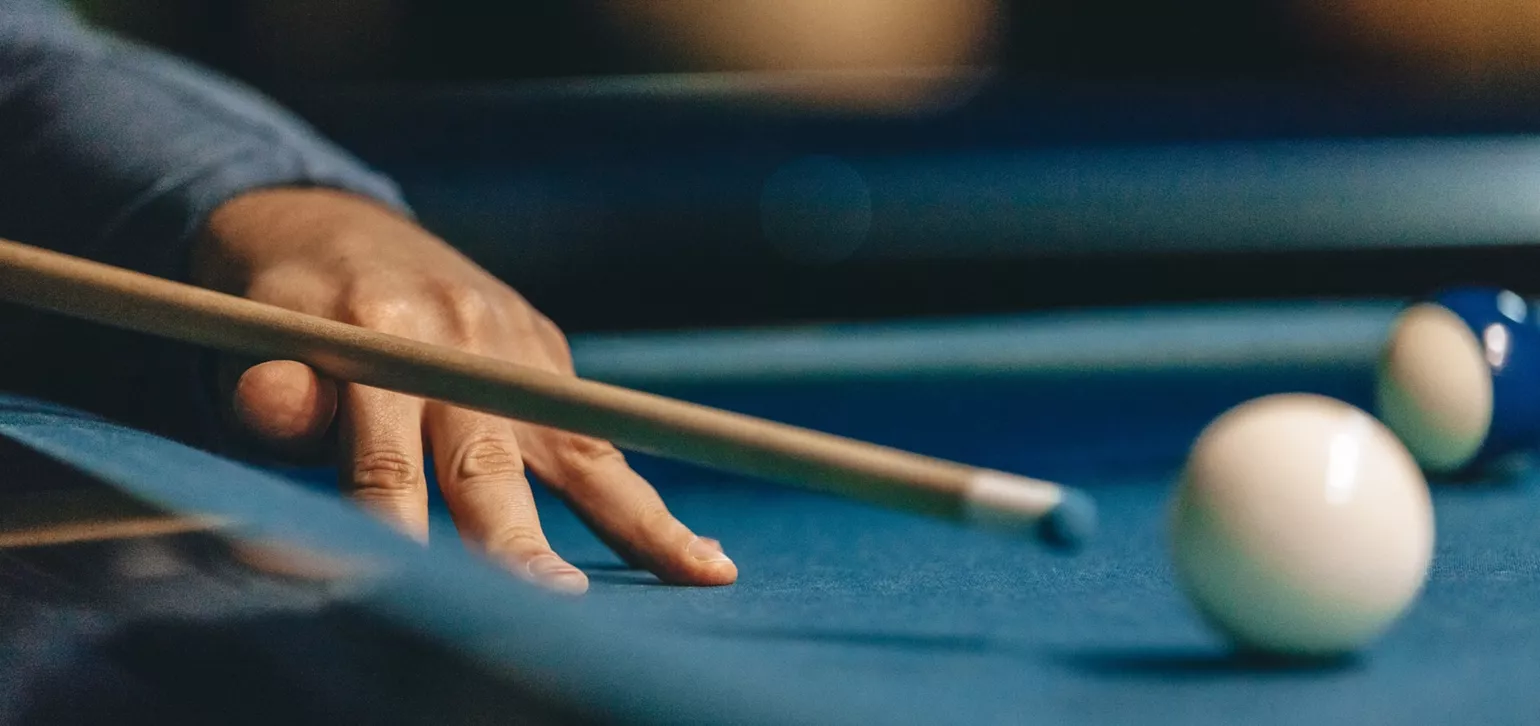
Upping Your Game
Choosing an EMDR Therapy Mentor
The Importance of Choosing an EMDR Therapy Mentor
While on our career paths, we are always in the process of learning how to become better at we do, while resisting the urge to be hard on ourselves for being imperfect while we continue to grow and develop ourselves and our clinical acumen. You are inundated with training opportunities and certification courses in everything from trauma to the latest findings on neurobiology and evidence-based treatments. So, how do you decide what to learn—and from whom?
Who can help you grow more fully into your Healer Self?
I look for someone who can take me to that next level. It’s like playing pocket billiards. You're always upping your game when you’re competing with someone who’s better at it than you are. And while it’s not competitive per se, it is motivating. It adds interest and excitement, and it makes me more attentive to what I’m doing and how I’m doing it! As a therapist, I’m looking for someone that’s going to help me develop my repertoire of skills and capacities. Perhaps it is to see something a little differently, maybe think about it a little differently, and do it a little differently, because, as a lifelong learner, what works for me is for someone to take me out of my comfort zone where I'm doing what I normally do without necessarily thinking about it. You know the drill, right? The “I do it well, it works,” groove. But inside that stance there’s also a paucity, an entropy of sorts that starts to develop as it would for anyone who does the same thing over and over again because that’s what they know to do, not necessarily because that's what's needed or there's a better way. The mentors I look for are people whose stance in the world and in their work inspires me to step out of that proverbial comfort zone, and who get me interested and excited to learn something new about myself, about others and about the work…someone who embodies the qualities I admire and respect and want more of.
My mentor—Francine Shapiro
Francine Shapiro, the founder and developer of EMDR therapy, has been that person for me. Of all the mentors I have encountered along my path, she has profoundly touched and changed my life, both personally and professionally. She invited me to know what I didn’t know, to know what I knew better, and in so doing, helped me discover the gifts I have and share them with others. Through her I learned to be brave. I learned to put myself out there. I learned to stay open and curious in response to people’s skepticism and criticism, because EMDR was very controversial for a long time and in some circles, still is. I saw her say to skeptics, “That’s okay, I understand. Come take the training! Have your own experience with it.”
She inspired many of us to step out of our comfort zones, especially in the early days where EMDR was regarded by its critics as the latest version of Mesmerism rather than a transformative approach to treating PTSD. Through her, I learned that, not only could I be a better therapist, but that I could also be good teacher and explain EMDR to clinicians that were trying to understand a method that was a departure from what was already familiar to them.
Her courage and tenacity to stay the course in the face of all the naysayers struck a deep chord in me. Growing up as the oldest child of an immigrant Greek family where my parents didn’t speak much English, I understood the importance of believing in something that was greater than what it could do for me and for my clients. It was not only about treating trauma, but it was about healing the human spirit and the cycle of human suffering that gets passed along from one generation to the next.
My parents left a war-torn country with the hope that they could give their children a better life than what they had, not knowing how that was going to happen, but trusting that, somehow, it would. Francine didn't know what the future would hold for EMDR and whether it would ever be accepted as a mainstream approach to mental health problems, but she believed in it. And here we are because of it. And, she believed in our inherent capacity to heal. It is precisely that hope and courage we want to instill in others that make it possible for us to "go there." Those are the qualities I now possess that I can pay forward by inspiring you to bring your best self to this craft.